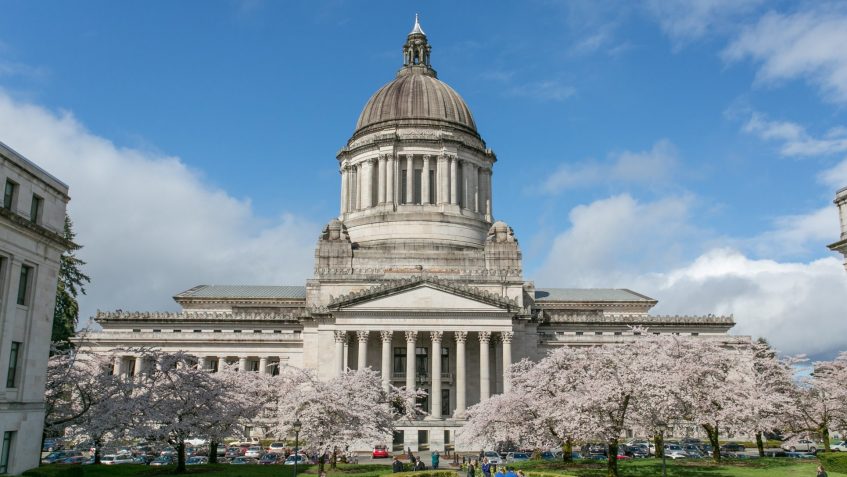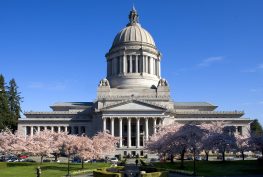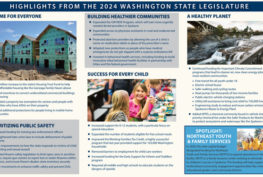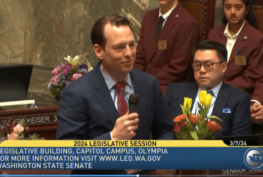We definitely have a lot of tough days still ahead of us, but there are reasons to be optimistic here in Washington state. Compared to other states, we were better prepared and took early action. The biggest reason we are starting to see positive signs is the collective action by all of us across the state.
This crisis has again revealed the critical importance of a robust and responsive government, especially at the state and local level.
Government is us. It is our neighbors, our friends, our coworkers, and the people we elect to represent us — all working together collectively for our health, safety and prosperity.
In normal times, it can be easy to overlook many of the smart investments our state has made over the years, but in this time of historic crisis, these decisions are paying critical dividends.
- The University of Washington has been instrumental in nearly every facet of this crisis. UW was prepared to start coronavirus testing at a fairly large scale, putting us ahead of other states in testing, and has provided data and models used by the White House to track the surge in cases for every state in the country.
- Our public health system and Department of Health – staffed with dedicated professionals – snapped into action. At the same time, many state employees from other agencies quickly volunteered their expertise to help their colleagues control the virus.
- Our health care system, however imperfect, is much stronger compared to other states. We have one of the lowest numbers of uninsured residents in the nation, thanks to our early decision to expand Medicaid at the state level and to create a robust health care exchange.
- Our fire and police departments have performed superbly. Even when many first responders were quarantined, the strength of our departments across the state made it possible to step up to provide essential services.
- Our state’s robust rainy day fund enabled the Legislature to quickly appropriate $200 million to help address the impacts of COVID-19 before the pandemic could peak.
- While other states are postponing elections, our state’s decision to adopt vote by mail in 2011 is keeping the doors to our democracy open even during this historic crisis.
Most of all, we have a resilient and innovative state filled with people who believe in one another. At the Legislature, we will continue to do our part to help get us through this health crisis and provide for a successful economic recovery.
Our collective efforts at social distancing are producing results. We need to keep at it, and we will soon be upon the light at the end of this tunnel.
Until then, please let me know if there are any questions I can answer, additional information I can provide, or resources I can help connect you with.
Helpful COVID-19 resources
- The Spokane County COVID-19 Emergency Coordination Center has been working to bring the most updated local information in response to the crisis, and you can access its website here.
- The state’s COVID-19 portal is constantly updated with the latest information from the state’s Joint Information Center.
- The Employment Security Department wants to make gig workers aware that coverage under Washington’s unemployment insurance law is broader than under most other laws. This means that just because you are classified as an independent contractor under some laws, it does not mean that you are an independent contractor under Washington’s unemployment laws. If you are a gig worker who has been laid off or lost work, ESD encourages you to apply for benefits, and will evaluate each application for eligibility on a case-by-case basis. ESD Director Suzi Levine has also posted a YouTube video with advice for gig workers.
- The Department of Health is producing a daily newsletter about COVID-19 that answers many common questions. You can sign up here.
Don’t forget to fill out your census form
During this time, it is also important to fill out the census form that has come to your house. Participation in the Census 2020 determines what federal resources will be available for Spokane in the future to help support critical infrastructure and programs. The Spokane Complete Count Committee has a number of resources available to aid this process, including resources in dozens of languages, now including Marshallese.




